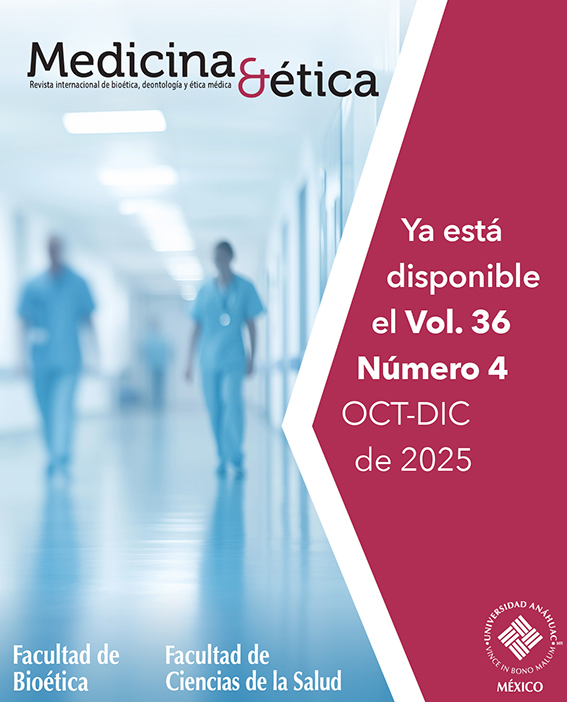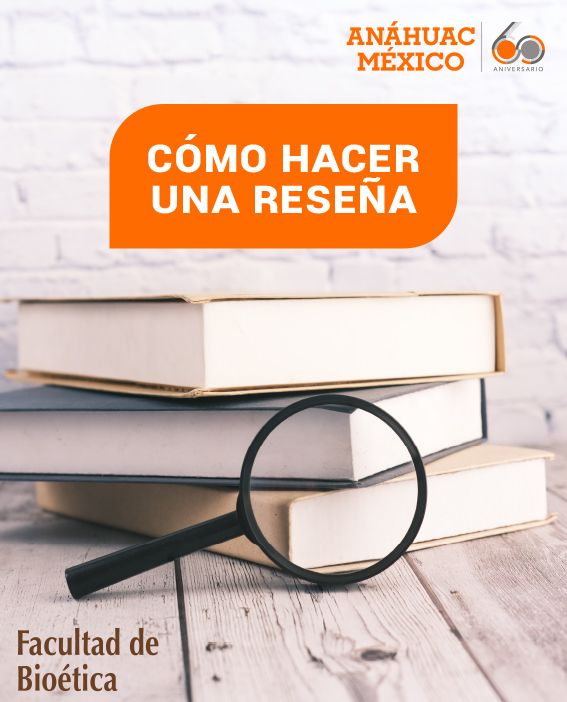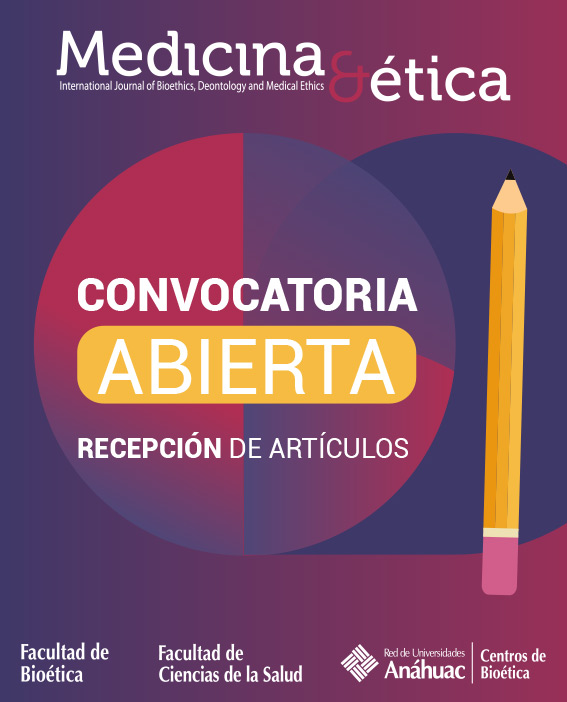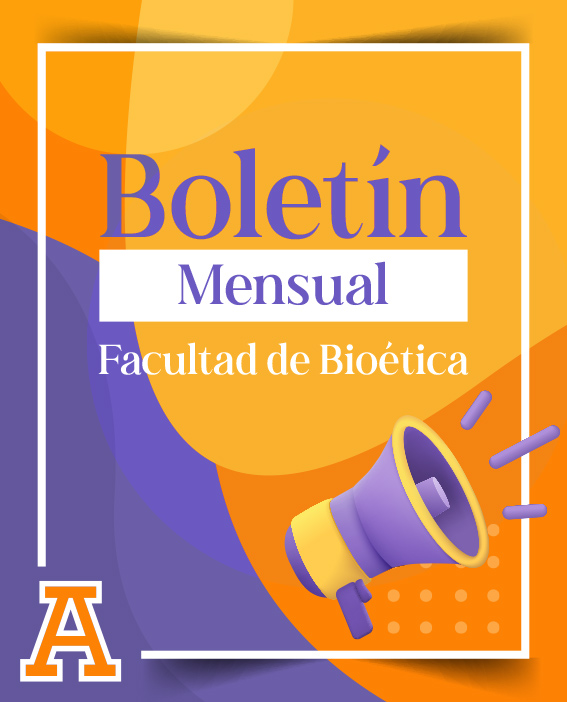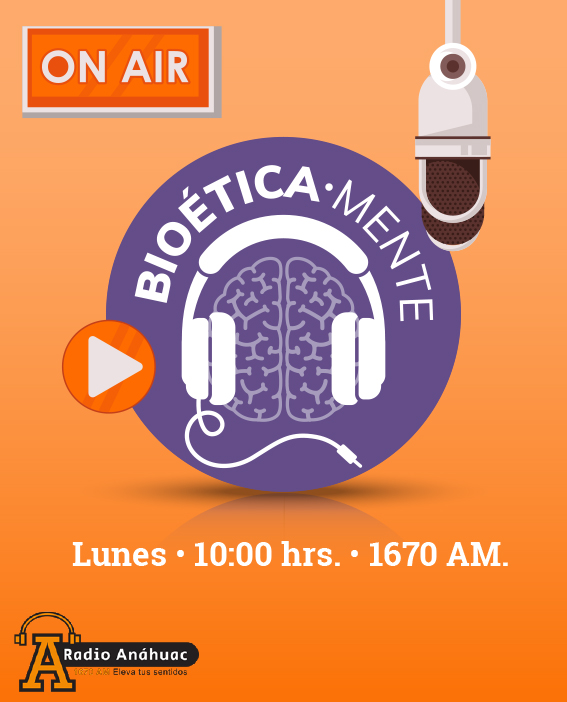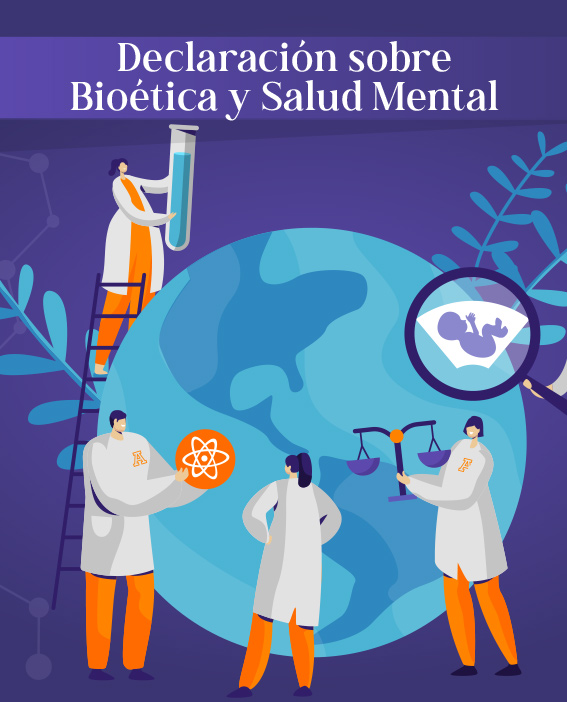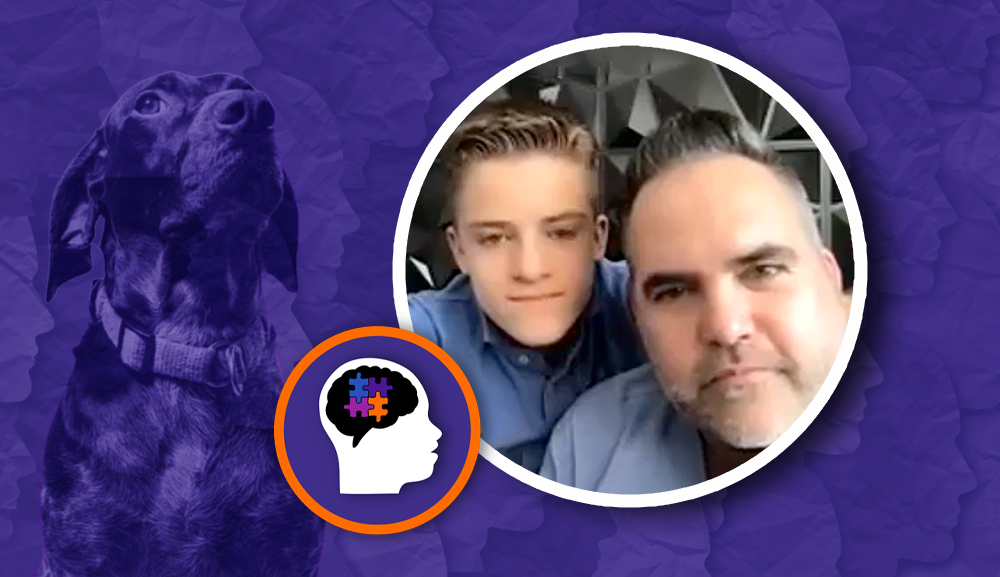
We heard the testimonies of Nicolás and Germán Carreto, who spoke about this condition and about the help of assistance dogs.
On May 4, Dr. Germán Carreto Chávez (Master's in Bioethics, gen. '16), professor of the Master's in Bioethics Online at Universidad Anáhuac México, and his son Nicolás Carreto Hernández, participated in the panel entitled "The importance of of bioethics in the approach to neurodiversity" where they shared the path taken to reach the diagnosis that later allowed a better understanding and management.
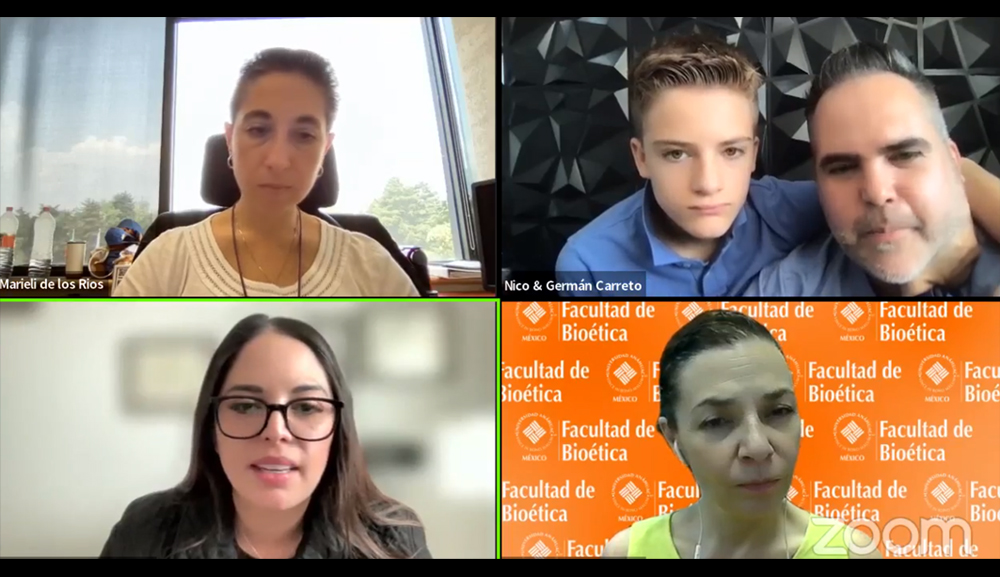
We began with the participation of the teacher Patricia Hernández Valdez, coordinator of the Master's in Online Bioethics, who gave a brief introduction on neurodiversity in which she mentioned that this term refers to the fact that human functioning is different from one person to another, since that we are all unique in body and mind, unrepeatable and individual, and that it is also related to the brain and its executive and personality manifestations.
With this in mind, neurodiversity or neurodivergence proposes that these differences should not be considered as disadvantages, they are simply variations of the human brain at the cortical level.
Young Nicolás spoke of his experience as a neurodivergent person and recognized that "how difficult it is to communicate with others due to autism." He also addressed Tourette's syndrome, its tics and involuntary movements and epilepsy. They also commented on how Mica, their assistance dog, arrived and how, despite being an excellent support for Nicolás's condition, it is still not so easy to access him in various parts of Mexico.
They talked about the difficulties they face in our country where the information in this regard is scarce, as well as the experiences within the family nucleus where the issue of communication and perseverance stand out allow them to better face the challenges.
Here are some brief portraits of our guests:
Nicolás Carreto, 13 years old, has a mild intellectual and sensory disability, among other conditions. He has given talks nationally and internationally on issues related to disability, inclusion, discrimination and assistance dogs. He was a candidate for a service pet named Mica, trained to help him in various aspects of his daily life.
He has three objectives: to make people aware of what diversity is beyond a disability; empower other children with physical, intellectual or sensory disabilities to accept and communicate to society that they are different and that diversity is completely normal, and have more followers on their Instagram account @micaservicedog to reach the necessary instances and encourage a bill related to assistance dogs.
Dr. Germán Carreto Chávez is a surgeon by profession specializing in gynecology and obstetrics and with a subspecialty in maternal-fetal medicine. He completed postgraduate studies in specialty, master's and doctorate at the Faculty of Bioethics of the Universidad Anahuac México. He has several studies, teacher training and skills as an undergraduate and graduate academic.
He is the director and founding partner of the Pregnafem Clinic and a member of national and international organizations. He has been a speaker at national and international conferences and today he is carrying out several lines of research in the area of bioethics.
You can see the complete panel on our Facebook page:
Panel: Neurodiversity
More information:
MPSS Jimena Muñoz Merino
Facultad de Bioética
bioética@anahuac.mx

